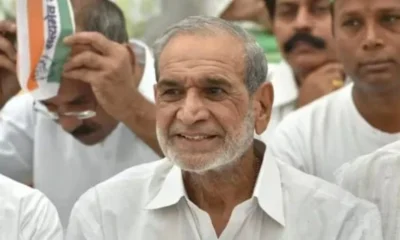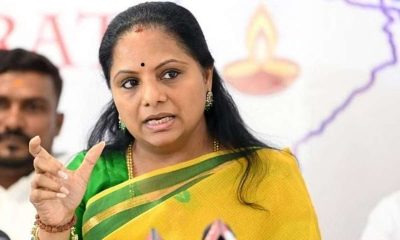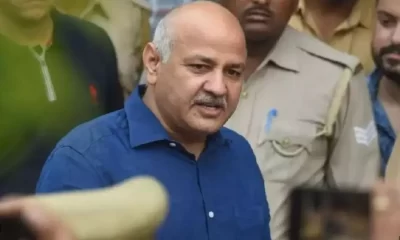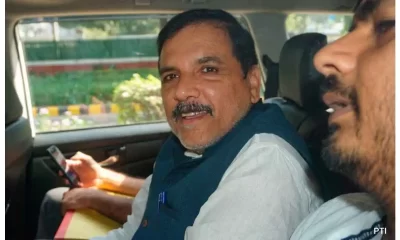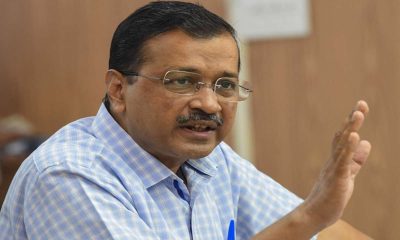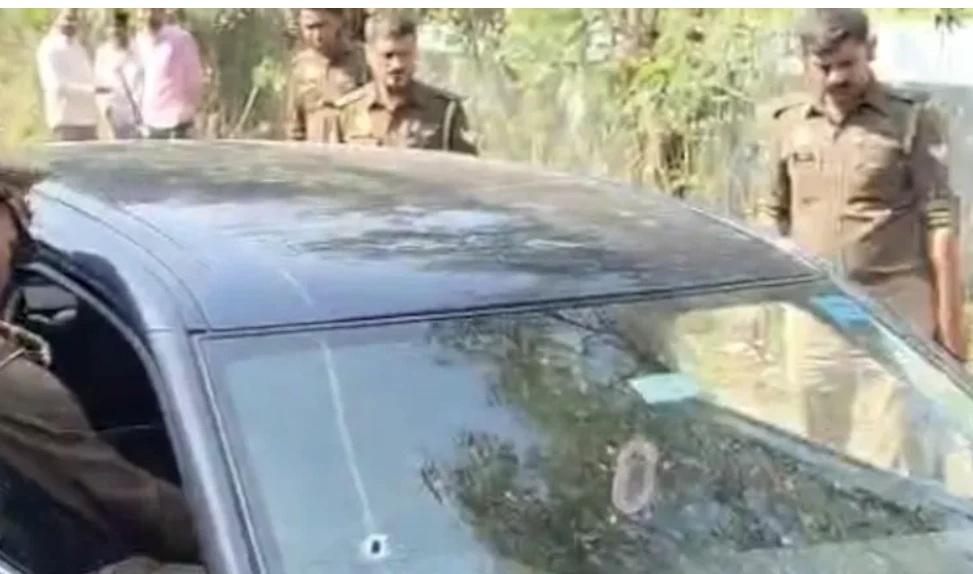India News
Delhi court convicts four accused involved in murder of journalist Soumya Vishwanathan
Soumya Vishwanathan was discovered dead in her car at Nelson Mandela Marg in South Delhi’s Vasant Kunj area on September 30, 2008.
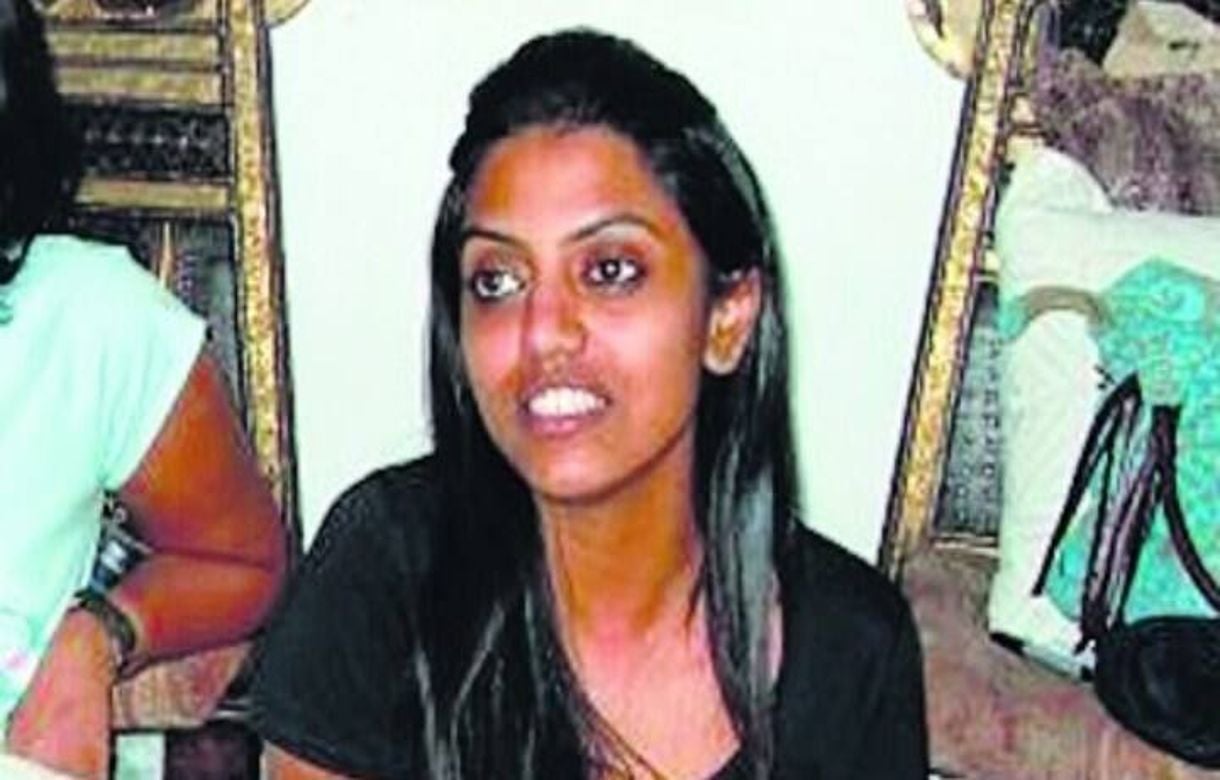
India News
Madras High Court orders vigilance probe into alleged bribe in gold fraud case
The Madras High Court has ordered a vigilance probe into allegations that a senior lawyer received Rs 50 lakh in a gold trade fraud case registered by the CBI.
India News
Rahul Gandhi meets farmers over India-US trade deal, BJP calls it stage-managed
Rahul Gandhi met farmer leaders over concerns surrounding the India-US trade deal, drawing sharp criticism from BJP, which termed the interaction stage-managed.
India News
Ex-shooter of Mukhtar Ansari gang shot dead in Barabanki, 15 rounds fired
A former shooter linked to Mukhtar Ansari’s gang was killed in Barabanki after attackers fired 15 rounds at his vehicle during a 10-minute assault.
-

 India News22 hours ago
India News22 hours agoRahul Gandhi meets farmers over India-US trade deal, BJP calls it stage-managed
-

 Lifestyle22 hours ago
Lifestyle22 hours agoValentine’s Day 2026: Wishes, messages and quotes to share with your loved one
-
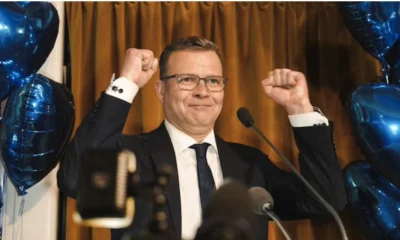
 Latest world news22 hours ago
Latest world news22 hours agoFinland PM Petteri Orpo to attend India AI Impact Summit, meet PM Modi
-
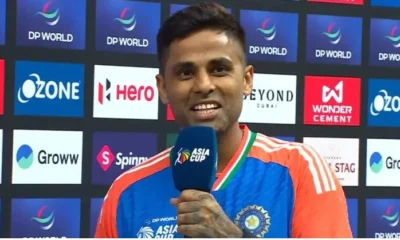
 Trending14 hours ago
Trending14 hours agoIndia vs Pakistan T20 World Cup 2026: Suryakumar Yadav hints at Kuldeep, Abhishek inclusion, stays guarded on handshake row
-
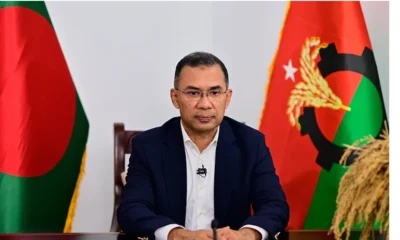
 Latest world news14 hours ago
Latest world news14 hours agoBangladesh’s BNP seeks stronger India ties based on mutual respect
-
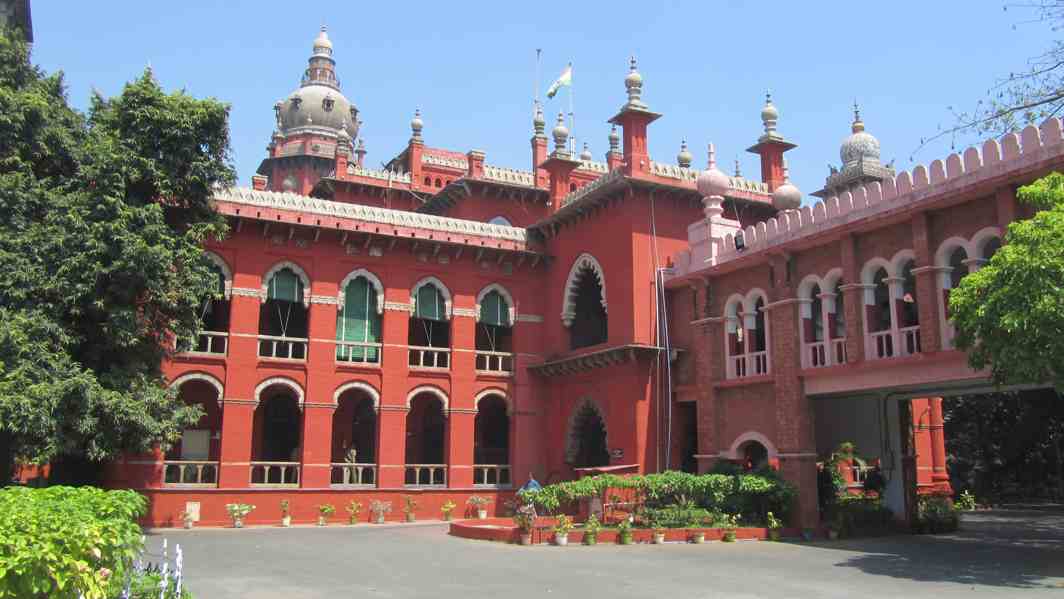
 India News14 hours ago
India News14 hours agoMadras High Court orders vigilance probe into alleged bribe in gold fraud case



